Cold War (Movie): possible Oscar winner?
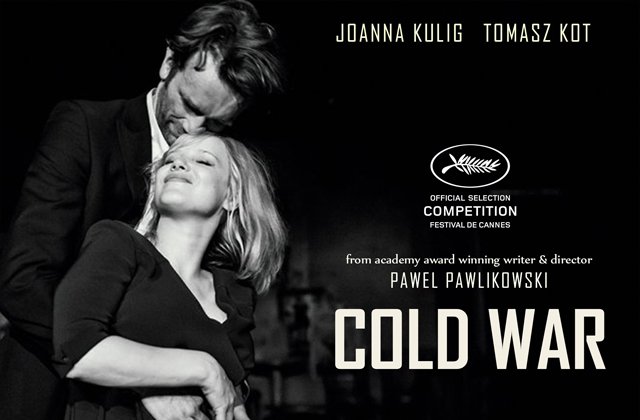
When I decided to watch this movie I only knew it was a Polish film and that it had been shot in black and white. As soon as I started watching, I began to recognize in the neat and artistic style, the signature of director Pawel Pawlikowski, whose work on "Ida" I loved. Here my previous post about that other movie:
Undoubtedly, Pawlikowski is looking to win again the Academy Award for Best Foreign Language Film. And he may achieve it, judging by the work done and by the reception of the film that, so far this year, has already earned him the prize for best director at the Cannes Film Festival, and the best foreign film, both in the New York Critics' Circle as in the National Board of Review (NBR) as well as many other nominations.
At the level of history, the film resembles its predecessor of 2013 "Ida" since the plot also takes place in postwar Poland, mainly in the decade of the 50s; however, its greater similarity is found in film technique and photography.
"Cold War" ("Zimna wojna") shows an intense love story between two people of different origins, Wiktor, a musical director and Zula, a young singer, whose temperaments are as attractive as they are incompatible. The Cold War, with its political complications, serves as a backdrop for the relationship of the lovers and the semi-ruined buildings with wire fences, is a successful setting for a story that presents many obstacles, not all external to the lovers.
You can not talk about desperate lovers because of a destiny that is determined to separate them, because although it's true that a couple of times are others who separate them, most of their breaks are voluntary. Capricious and temperamentals, yes, but volunteers. When Wiktor decides to escape with Zula towards Western Europe (remember that Poland, being east of Europe, was ideologically "colonized" by Russian communism after the Second World War) Zula, out of fear, doesn't follow him. They meet in Paris later, one night, and later in Yugoslavia, where Wiktor is forced to move away from her again.
Given the political circumstances of the Poland of the fifties, Zula marries an Italian, only to be able to go later to Paris to meet Wiktor. The meeting seems to predict the best since they are finally free, but although they work together in the recording of a Zula album and carry out the project successfully, they are less and less happy being together. The time apart wasn't spend it in a chaste waiting, they both shared their lives with other people and although it was an interlude and they are together again, jealousy spoils Zula. In addition, Wiktor seems to adapt much better to Paris, to Western Europe, than she does. The environment is less cold, more sophisticated, more liberal, yes, but she feels that so many changes in the environment (language, places, music) have ended up changing her, and them. Zula returns to Poland and Wiktor, to go after her, ends up imprisoned. His sentence is subsequently reduced only because Zula gets it through a new marriage, this time with an influential Pole. Two decades have passed since they met, they are already old, and haven't been able to achieve the happiness they wanted to share; so they decide to skip their next estrangement and move directly to be together, finally, to the end.
As in "Ida", Pawlikowski opted to shoot in black and white. A very successful decision, again. The striking colors can distract the attention of the viewer, while filming in black and white, it is possible to highlight the most basic and most important elements: emotions, dialogues, performances and photography. With a camera no longer as static as in "Ida", the photograph of this movie also has the ability to create beautiful postcards like these:
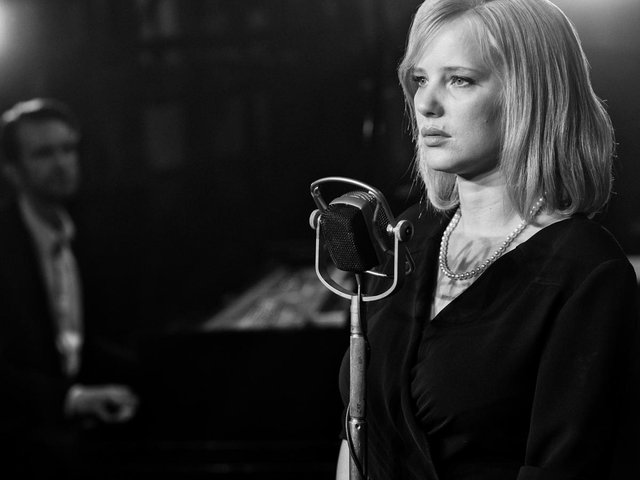 |  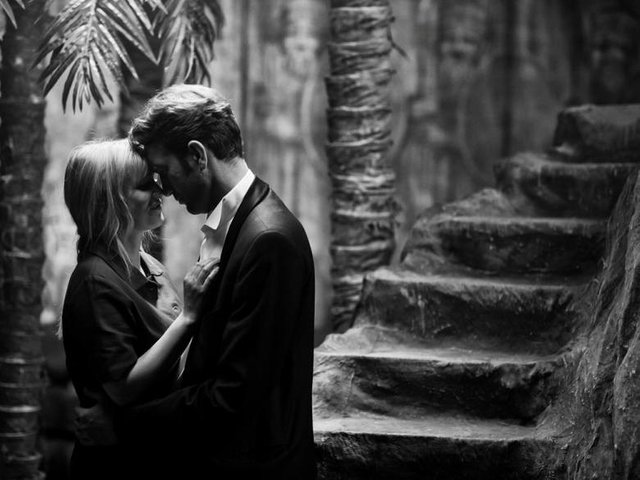 | 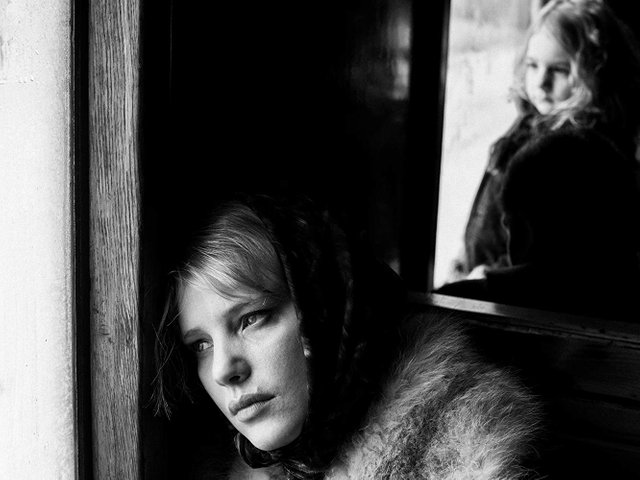 |
|---|---|---|
Unlike "Ida", where music is an additional element to the plot, related but not decisive, in "Cold War" the soundtrack plays an important role, which embellishes the final product even more. Throughout the film, music goes along with the emotions of the characters and marks a time and place. The peasant songs collected by Wiktor and their interpretation by the company he founded, reflect his commitment to his country, with rescuing its tradition. He is happy, full of hope for the work he carries out; and that's when he meets Zula. The imposition that makes the ensemble interprets a political theme (praising Stalin) makes him decide to leave Poland. In Paris, Wiktor begins to play Jazz in a club, "L'Eclipse", and in a later scene we see Zula dancing "Rock around the clock", nothing more distant from those native songs of the beginning.
A beautiful musical moment occurs when Zula plays one of those peasant songs, now in the Jazz version, fusing in a beautiful melody, her tradition, her roots, with her present and with the rest of the world.
By the way, when I saw Joanna Kulig singing, the actress who plays Zula, something on her face became very familiar to me. At first I saw her pretty much alike Jessica Chastain, but then I realized that the protagonist of this story had been present in the 2013 film of the same director. In a scene from that movie, Ida's aunt sits down to listen to a woman who sings with a band: that woman is Joanna Kulig. So Pawlikowski already knew Kulig's histrionic and musical abilities when he chose her for this film.
For a flawless directing job that allows, again, to combine a magnificent photography with a history full of intense emotions; and for the confirmation of Pawlikowski as a quality filmmaker that shows that "Ida" was not a random success, but a sample of the talent of this Polish, I give 8/10 points to "Cold War" and I predict a very worthy candidacy for the next Academy Awards.
Reviewed by @cristiancaicedo
Other posts that may interest you:
A Study in Scarlet (Book): my first encounter with Sherlock Holmes
"Confeso" (Poema original): sentimientos desbordados
"Adiós al tren" (Poema original): el dolor de la despedida
Searching (Película): el lado oscuro de la red
Cold War (Película): ¿posible ganadora del Oscar?
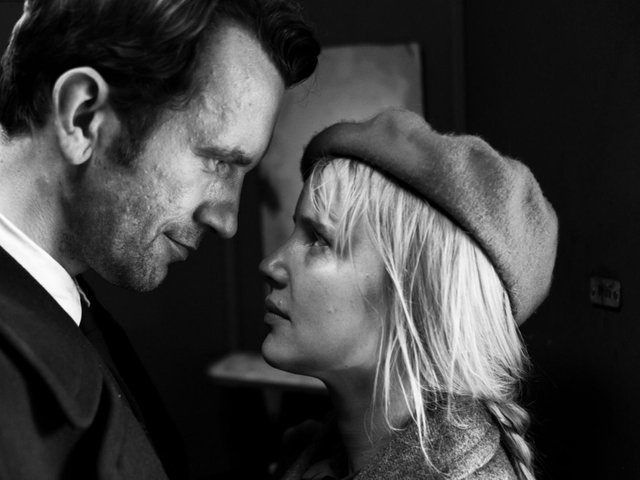
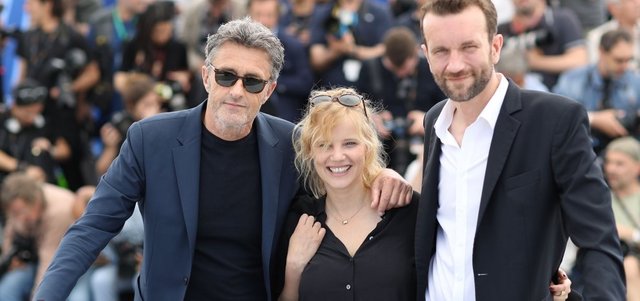
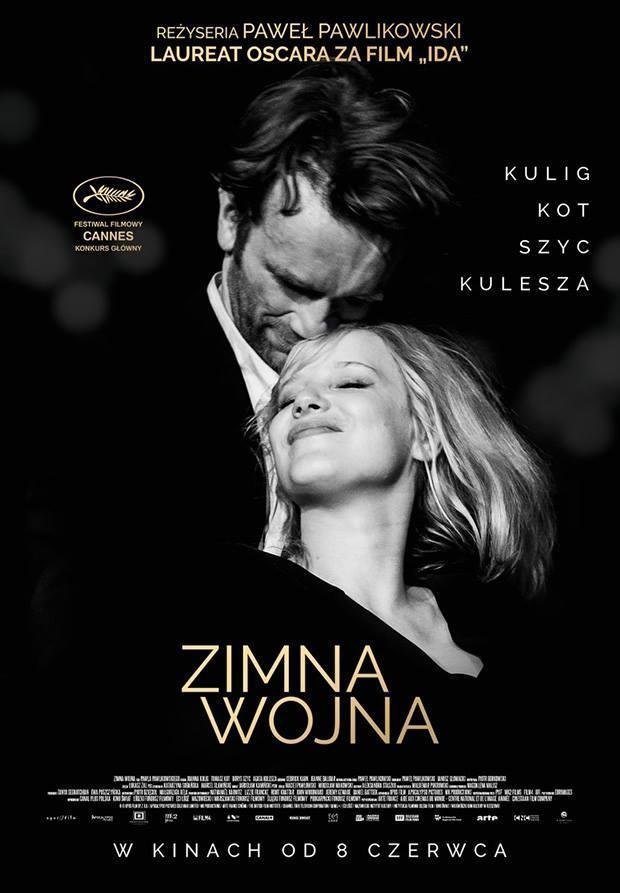
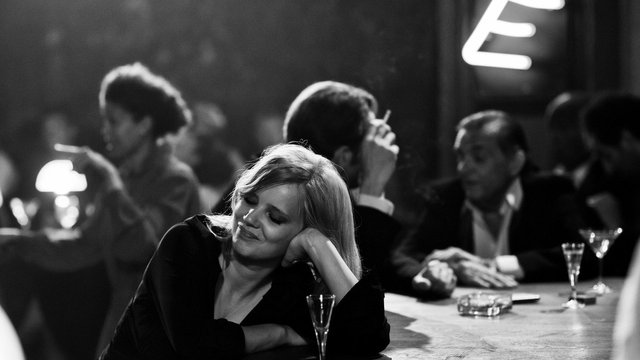
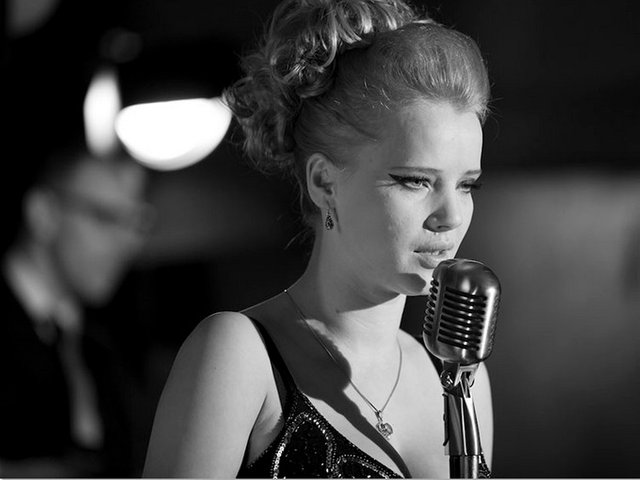
Congratulations @cristiancaicedo! You have completed the following achievement on the Steem blockchain and have been rewarded with new badge(s) :
Click here to view your Board of Honor
If you no longer want to receive notifications, reply to this comment with the word
STOPDo not miss the last post from @steemitboard: